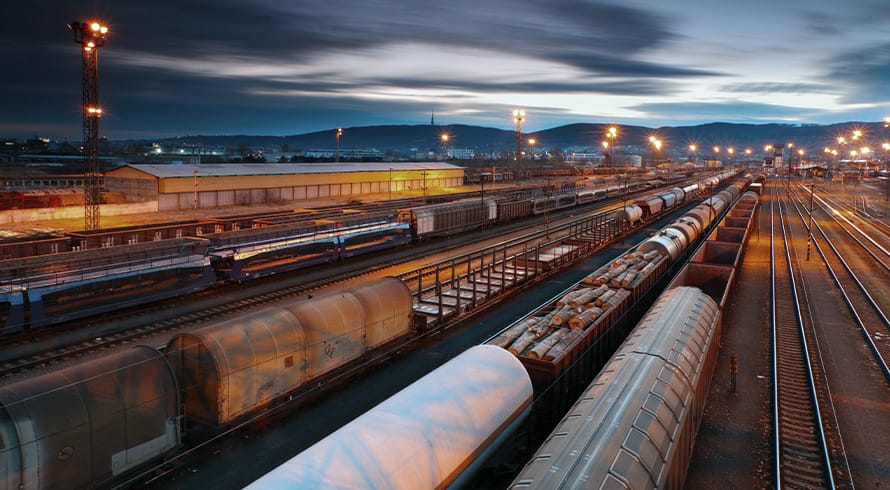You’ve heard of sanctity of contract; now get ready for autonomy of contract
At a glance
- The Supreme Court of Appeal addressed the issue of whether a beneficiary of a performance guarantee could be prevented from demanding payment in a construction agreement dispute.
- The court ruled that the autonomy of a performance guarantee allows the beneficiary to call upon it independently of the underlying contract, similar to a bank guarantee.
- The court acknowledged the potential for developing South African law to restrain a beneficiary from making a demand on an unconditional performance guarantee if it would breach a term of the underlying contract. However, caution was advised in interpreting the underlying contract as conferring such a right.
The underlying contract
The appeal emanated from a decision handed down by the Gauteng Division of the High Court, Pretoria, wherein the court denied the Joint Venture interdictory relief against SANRAL in circumstances where the Joint Venture alleged that it could not tender performance in terms of the underlying agreement as performance had been rendered impossible as a result of an alleged force majeure. The Joint Venture had purported to cancel the underlying agreement, alleging that performance under the agreement was rendered impossible by a force majeure. SANRAL, represented by CDH, disputed the existence of the alleged force majeure at the time of the purported cancellation by the Joint Venture and demanded performance in terms of the underlying agreement, failing which it would then exercise its right to cancel the underlying agreement - which it subsequently did.
In line with the contractual provisions of the underlying agreement, the parties referred the dispute as to whether there was force majeure to adjudication (a procedure prescribed under the agreement for the resolution of disputes). Pending the outcome of the adjudication, the Joint Venture demanded that SANRAL not call up the performance guarantee issued in its favour by Lombard pending the resolution of the dispute on the force majeure. SANRAL declined this demand, and instead notified the Joint Venture of its intention to in fact call up the performance guarantee. It is this issue which was the subject of the appeal proceedings.
In the court a quo, the court refused to grant the relief sought by the Joint Venture to interdict SANRAL from calling up the performance guarantee pending the outcome of the adjudication proceedings. The court a quo decided the issues based solely on the fact that it was of the view that the Joint Venture had failed to make out a prima facie case that there was force majeure. The question whether the Joint Venture could, in law, interdict the beneficiary of a performance guarantee was not decided by the court a quo.
The autonomy of the performance guarantee
Unlike the court a quo, the SCA decided the issue on the law. It held that, in light of the autonomous nature of performance guarantees, SANRAL’s right to call up the guarantee was not constrained by the underlying contract.
Likening the performance guarantee to that of a bank, the SCA quoted Lord Denning with approval in that a party which gives a performance guarantee (in this case Lombard) must honour that guarantee according to its terms. It held that such an obligation is not in the least concerned with the relationship between SANRAL and the Joint Venture, nor with the question whether the Joint Venture is in default or not. Therefore, Lombard would be obligated to pay according to its guarantee, on demand if so stipulated, without proof or conditions except in circumstances where fraud is proved on the part of SANRAL.
Exceptions which may prevent a party from calling on a guarantee?
The Joint Venture argued that a further exception (other than the recognised fraud exception) should be recognised in our law which would preclude SANRAL from calling up the performance guarantee where the underlying contract restricts or qualifies SANRAL’s right to call up the guarantee; in which case the Joint Venture would be entitled to the interdict sought. The Joint Venture relied, for this principle, on the decision of the SCA in Kwikspace Modular Buildings Ltd v Sabodala Mining Company 2010 (6) SA 477 (SCA). That matter dealt with a similar principle of Australian law. The Joint Venture’s argument was that our law should also recognise this principle. Applying this principle, the Joint Venture contended that the underlying agreement (and not the performance guarantee) constrained SANRAL to make a demand only under certain circumstances, none of which (the Joint Venture contended) had been fulfilled.
Given the all-encompassing and unconditional provisions of the performance guarantee, the SCA was of the view that, the mere contention by SANRAL that the Joint Venture had failed to perform in terms of the underlying agreement due to force majeure was sufficient to trigger an entitlement to make demand under the performance guarantee. The SCA held that it was unnecessary for SANRAL to prove that it in fact lawfully terminated the agreement, in order to be entitled to make a demand under the guarantee.
Finally, relying on the foreign laws of Australia and England, the SCA was of the view that there may be room to develop South African law to the extent that a contractor may restrain a beneficiary from making demand on an unconditional performance guarantee if the contractor can show that a party to the contract would breach a term of the underlying contract by doing so. The court did, however, caution against readily interpreting the underlying contract as conferring such a right.
The information and material published on this website is provided for general purposes only and does not constitute legal advice. We make every effort to ensure that the content is updated regularly and to offer the most current and accurate information. Please consult one of our lawyers on any specific legal problem or matter. We accept no responsibility for any loss or damage, whether direct or consequential, which may arise from reliance on the information contained in these pages. Please refer to our full terms and conditions. Copyright © 2026 Cliffe Dekker Hofmeyr. All rights reserved. For permission to reproduce an article or publication, please contact us cliffedekkerhofmeyr@cdhlegal.com.
Subscribe
We support our clients’ strategic and operational needs by offering innovative, integrated and high quality thought leadership. To stay up to date on the latest legal developments that may potentially impact your business, subscribe to our alerts, seminar and webinar invitations.
Subscribe




